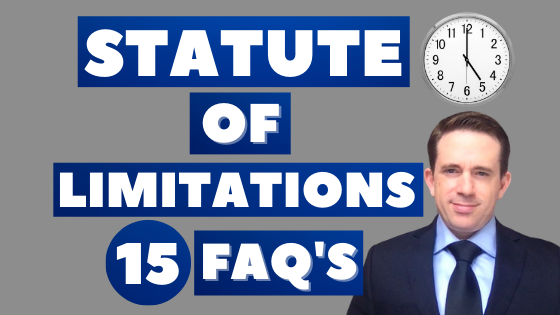Dealing with Debt Buyers: A Snapshot of New York's Borrowing Statute
- In New York State, the "borrowing statute" (CPLR §202) is employed to determine the applicable statute of limitations for debts. This statute mandates the use of the shorter limitations period between New York and the venue where the debt originated.
- When out-of-state banks act as plaintiffs in contract cases, they often face challenges in determining which state's statute of limitations to apply. Unless specified within the contract, it's generally assumed that the cause of action accrues in the state where the plaintiff bank is incorporated or where its principal business is conducted. For debt buyer litigation, the original creditor's state law typically governs.
- The scarcity of evidence presented in cases by debt buyers often stems from the electronic nature of debt portfolio transactions.
- It's noteworthy that five of the six major credit card issuers operate from outside New York: Chase Bank, Bank of America, CitiBank, Capital One Bank, and Discover Financial Services are all incorporated in states like Delaware, South Dakota, and Virginia. Only American Express maintains its headquarters in New York.
- However, there's a caveat: New York's Appellate Division, Third Department, has recently clarified that statutes of limitations are procedural, not substantive. This means they relate to the methods of enforcing rights rather than the rights themselves, thereby allowing New York's own statute of limitations to be applied, except where the borrowing statute would dictate otherwise.
- Additionally, advancements in technology have facilitated the acquisition of outdated debts, leading to increased lawsuits over legally time-barred debts.
- Lastly, plaintiffs are required to undertake an additional step of mailing upon the filing of a proof of service, as stated in NYCRR §208, to ensure proper procedure is followed.
Understanding New York's Borrowing Statute
In New York, a 'borrowing statute' determines which state's statute of limitations applies to a debt case. If the debt originated outside New York and you're a New York resident, the shorter period between New York's statute and the originating state's applies. This can significantly impact the timeline for legal action on debt.
Identifying the Applicable Statute of Limitations
For out-of-state banks, ascertaining the appropriate statute of limitations can be complex. Generally, if there's no specific contract clause, the statute from the bank's home state or principal business location is used. However, for debt buyers, the originator's state law governs, leading to a tangled web of potential statutes.
Technology's Role in Debt Buying
Technological advancements have streamlined the process of buying and litigating old debts. However, this often means debt buyers pursue debts past the legal time limit. Vigilance is key to protecting consumers from such unlawful practices.
Impact of Corporate Headquarters
With most major credit card issuers incorporated outside of New York, the location of a company's headquarters becomes crucial in determining the applicable statute of limitations. American Express is an exception, with headquarters in New York, which could affect the timeline for action against debts they issue.
Recent Legal Decisions and Procedural Nuances Recent rulings by New York's courts suggest that procedural aspects, such as the statute of limitations, are to be treated as remedies rather than rights, potentially altering the way time-barred debts are handled. In addition, plaintiffs must adhere to specific procedures, like additional mailings when filing proof of service, to maintain the validity of their claims.
Navigating the Legal Landscape Post-Pandemic
The ongoing pandemic has forced courts to adapt, altering traditional procedures. Staying abreast of these changes is essential for both legal practitioners and consumers, ensuring that rights are protected even as the legal system evolves.
Key Takeaways for Consumers
- Verify the acknowledgment format for legal records to ensure compliance.
- Check that any debt assignment includes proper legal representation and notice.
- Request a certificate of conformity for out-of-state notarizations to ensure they meet New York standards.
- Confirm the plaintiff's authorization to do business in New York to establish their standing.
- Be vigilant against the unlawful pursuit of time-barred debts.
New York CPLR § 202 (the "borrowing statute")
CPLR § 202. Cause of action accruing without the state
An action based upon a cause of action accruing without the state cannot be commenced after the expiration of the time limited by the laws of either the state or the place without the state where the cause of action accrued, except where the cause of action accrued in favor of a resident of the state the time limited by the laws of the state shall apply.
For a comprehensive analysis of the statute of limitations, see 15 FAQ’s about Statute of Limitations, Debt Collection, and Credit Reporting.


